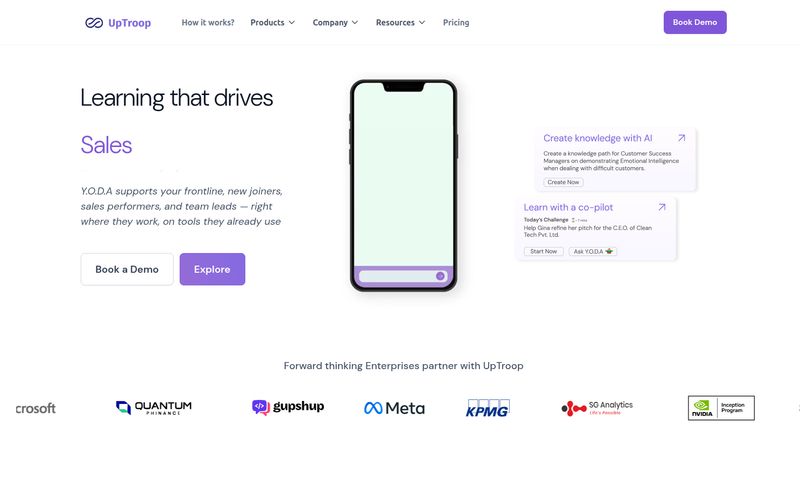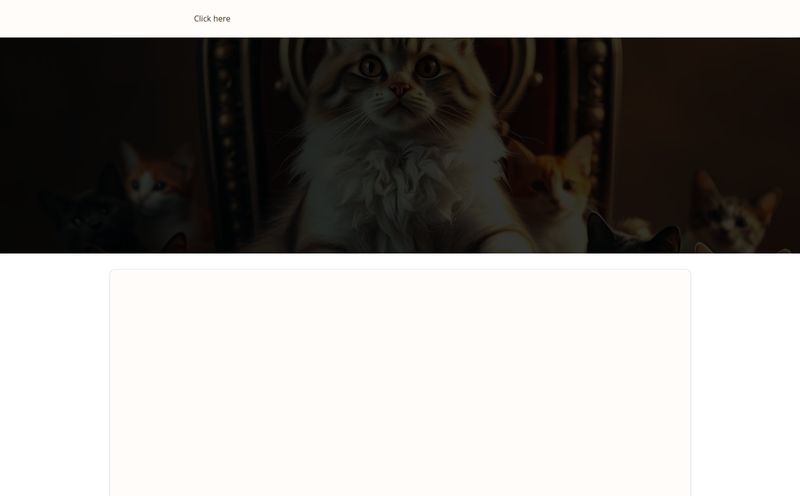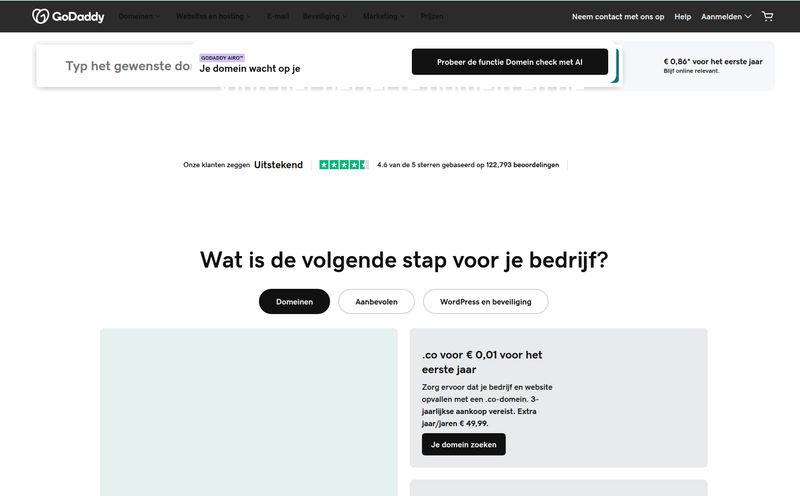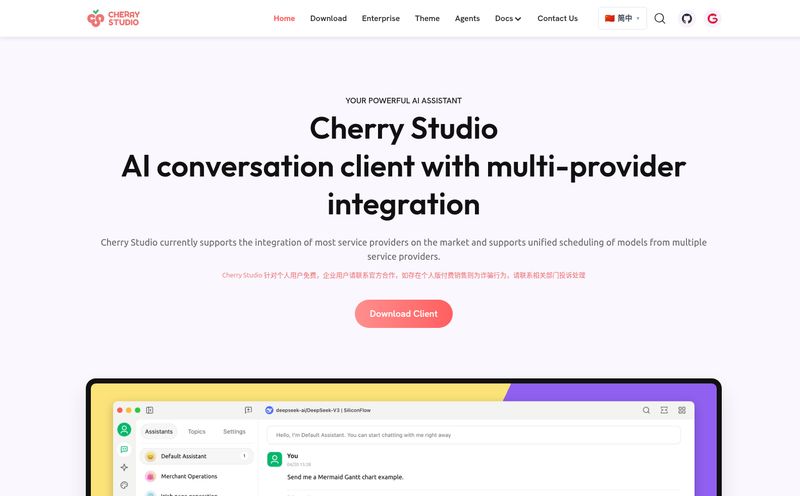Have you ever stood in the grocery aisle, staring at a wall of yogurts, and felt a tiny wave of panic? One says “low-fat,” another shouts “high-protein,” a third whispers “all-natural,” and a fourth is just… blue. It’s a full-on sensory assault. For years, my job has been about deciphering data and trends, but sometimes, the cereal aisle feels more complex than a Google algorithm update.
We’re all trying to do a bit better, right? Eat healthier, make smarter choices, maybe save the planet one ethically-sourced coffee bean at a time. But the information overload is real. Food labels are supposed to help, but they often feel like they’re written in a language only a food scientist and a lawyer could love. That’s the space where a whole new breed of food tech is popping up, and one that recently caught my eye is called EQO Label.
It bills itself as a guide to healthy and high-quality food, a sort of personal nutritionist in your pocket. But we’ve heard those claims before. So, I decided to take a closer look, kick the digital tires, and see if it's genuinely helpful or just another app destined to be deleted in a week.
What is EQO Label, Exactly?
Think of EQO Label as a translator. It’s a platform designed to take the confusing mess of ingredients, nutritional data, and marketing fluff on a food package and translate it into a simple, personalized recommendation. It’s not just about counting calories; it’s about understanding the quality of what you’re eating based on your own unique needs.
Are you a vegetarian? Trying out a Paleo diet? Need to avoid gluten? The idea is that EQO learns what you’re looking for and helps you spot the products that actually fit your lifestyle. It’s a one-stop platform aiming to bring some much-needed transparency to our shopping carts, which, in my opinion, is long overdue.
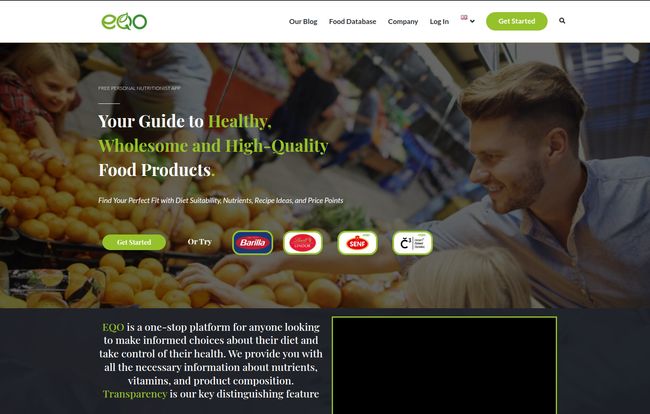
Visit EQO Label
Navigating the Grocery Store Jungle
I’ve always felt that making healthy choices shouldn’t require a PhD in nutrition. The platform seems to agree. From what I've gathered, its power comes from a few core areas.
The Food Database: The Brains of the Operation
Any tool like this is only as good as its library. EQO Label boasts a database of over 31,000 products and growing. It analyzes these products for you, breaking down everything from macro and micronutrients to questionable additives. It looks at the good stuff (vitamins, minerals) and the not-so-good stuff, giving you a fuller picture than the government-mandated label on the back. It even claims to use “qualitative and harmful substance analysis,” which sounds impressive, though I’ll admit I’d love to see a bit more detail on what their “laboratory tests” actually entail.
Personalization is the Goal
Here’s the part that really intrigues me. EQO isn’t just a generic scanner. It aims to give you advice tailored to you. The platform is designed to learn your preferences, dietary restrictions, and health goals. This is the holy grail for food apps. However, I have to point out that some of their personalization features are tagged with the classic “coming soon” label. It's a promising direction, but as of now, it might not be the fully customized experience it aims to become. Still, the foundation is there.
More Than Just Calories
What I genuinely appreciate is the focus beyond basic nutrition. The platform talks about environmental impact and ethical certifications. This taps directly into the growing consciousness of consumers who want to know where their food comes from and how it was produced. We’re moving past just “is it healthy for me?” to “is it good for the planet and the people who made it?” Seeing a tool incorporate this bigger picture is a huge plus in my book.
So, What's the Catch? Is EQO Label Free?
This is usually the part of the review where I talk about subscription tiers and paywalls. But here's the kicker: for us regular folks, EQO Label is free. You can use it without registration, without downloading an app (though they have one), and without paying a dime. According to their site, the free account gives you access to the product information and the page metrics. That's... surprisingly generous.
So how do they make money? They have paid plans—like a “Turnkey” and “Business” package—aimed at companies. These plans allow brands to showcase their products, get advanced metrics, and use the EQO label on their packaging. It’s a smart model: provide a valuable free service to consumers to build a user base, and charge the businesses who want to reach that audience. For the end user, this is a win-win.
The Good, The Not-So-Good, and The 'Coming Soon'
No tool is perfect, so let’s get into the nitty-gritty. I'm a big fan of what EQO is trying to do. The sheer amount of information it provides—from ingredients and vitamins to diet suitability for lifestyles like Mediterranean or Vegan—is fantastic. The fact that it’s free and accessible via a web browser makes it incredibly easy to try. It champions transparency, which is a cause I can definitely get behind. It's a powerful tool for making more informed, conscious decisions at the store.
On the flip side, its biggest strength is also a potential weakness. The platform's recommendations are entirely dependant on the accuracy and breadth of its food database. If a new product isn’t in there, you’re out of luck. And as I mentioned, the much-hyped personalization features aren’t all there yet. It’s a work in progress, and while the potential is huge, you might have to wait a bit for it to be fully realized. It’s a project with ambition, and sometimes ambition runs a little ahead of execution.
My Final Take: Is EQO Label Worth Your Time?
So, what's the final verdict? I'm optimistic. I think EQO Label is a genuinely useful tool for the modern, health-conscious consumer. It cuts through so much of the noise and marketing spin that defines the food industry.
Is it the ultimate, all-knowing food oracle? Not yet. It needs to flesh out its personalization and be more transparent about its own testing methods. But as a free resource to quickly check if that “healthy” granola bar is actually a sugar bomb in disguise, or to find a new brand of pasta that fits your dietary needs, its fantastic. It’s a step in the right direction, empowering us to take back a little control over what we put in our bodies.
For anyone who has ever felt lost in the grocery store, I’d say give it a try. It costs you nothing, and you might just discover your new favorite (actually healthy) snack. It's not about achieving some perfect diet overnight; it's about making one better choice at a time, and this is a tool that can certainly help with that.
Frequently Asked Questions about EQO Label
Here are some quick answers to questions I imagine you might have.
Do I need to pay or register to use EQO Label?
Nope! For individual users, the platform is free to use. You can access product information and analysis without creating an account or paying for a subscription. The paid plans are for food companies and brands.
How does EQO Label know what's healthy for me?
The platform analyzes products based on a comprehensive set of data, including nutritional content, ingredients, and additives. It also allows for some customization based on common diets (like Paleo, Vegetarian, etc.). Advanced personalization based on individual health goals is a feature they are actively developing.
Can I use it for specific dietary restrictions?
Yes. The platform is designed to identify products suitable for various diets and lifestyles, including vegetarian, paleo, no sugar, and Mediterranean diets. You can use it to filter and find foods that meet your specific requirements.
What makes EQO Label different from an app like MyFitnessPal?
While an app like MyFitnessPal is primarily focused on calorie and macro tracking, EQO Label focuses more on the quality and composition of the food itself. It's less about logging your intake and more about making informed purchasing decisions at the store by providing deep insights into a product's ingredients and suitability for your lifestyle.
Can I scan products in the store?
Yes, the platform offers a barcode and QR code scanner, making it easy to look up products while you are shopping. This is one of its most practical features for on-the-go decision-making.
Conclusion
At the end of the day, the journey toward healthier eating is personal and often confusing. Tools like EQO Label represent a significant shift, putting more power and information directly into the hands of consumers. While it's still evolving, its commitment to transparency and its user-friendly, free model make it a standout in a crowded field. It’s not just an app; it’s a reflection of a bigger movement demanding honesty and clarity from the food industry. And that’s a trend I’m more than happy to get behind.
Reference and Sources
For further reading on topics discussed in this article, you can explore the following resources:
